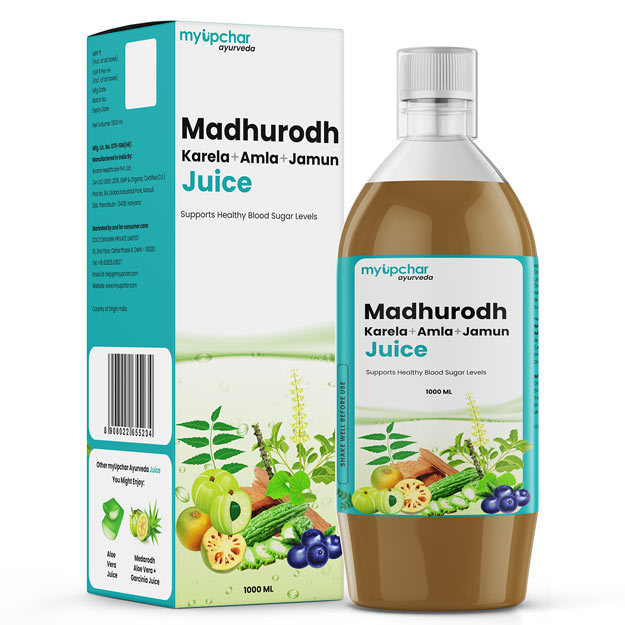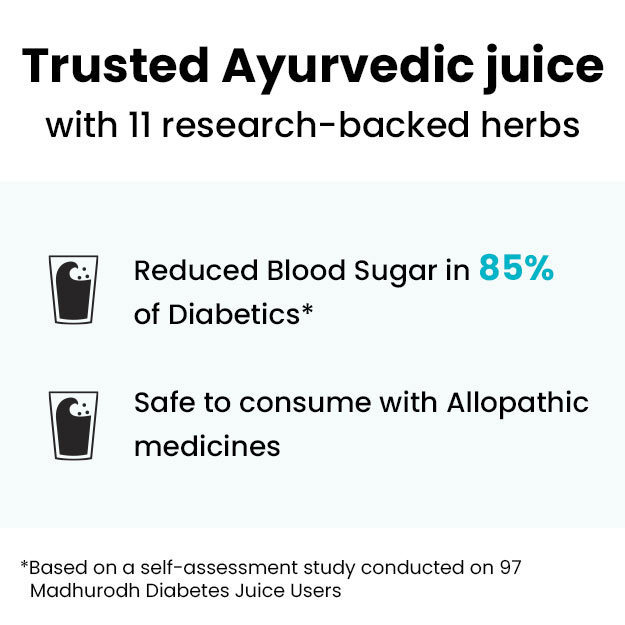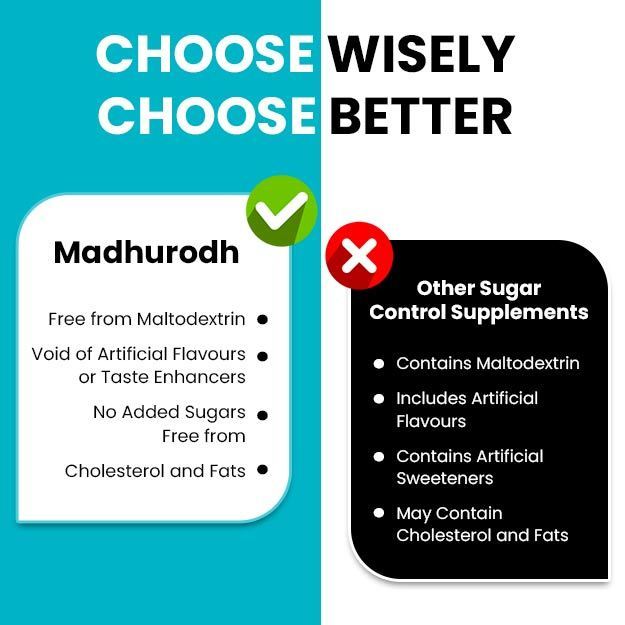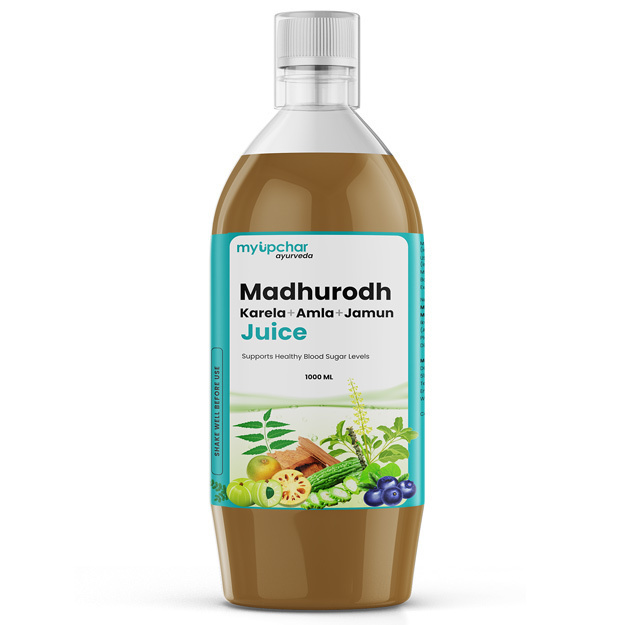Giloy or Tinospora is a deciduous shrub that is found growing wild in many parts of India. Ayurvedic and folk medicine system put this herb in the highest regard for its many healing and health building benefits. In fact, it is known as “rasayana” in Ayurveda with reference to its efficiency in improving the overall functioning of the body. You might be curious to know that giloy is known as “Amrita” in Sanskrit which translates to “ elixir of immortality”. Looking at all the marvellous effects of this herbs, One couldn’t but wonder if giloy is actually the mythological amrita that is fabled to keep the "devas" young and in good health.
Giloy plant is basically a climber with weak succulent stems. The stem is whitish to grey in shade and it can grow to a thickness of 1-5 cm. Leaves of giloy plant are heart-shaped and membranous (thin). It bears greenish-yellow flowers during summer months while the fruits of giloy plant are more commonly seen in winters. Giloy fruits are greenish drupes that become red on maturity. Most of the medicinal benefit of giloy are present in its stem, but the leaves, fruit, and roots are also used to a minor extent.
Some facts about Giloy:
- Botanical name: Tinospora cordifolia
- Family: Menispermaceae
- Common name: Giloy, Guduchi, Gulbel, Heart-leaved moonseed, Tinospora
- Sanskrit name: Amrita, Tantrika, Kundalini, Chakralakshini
- Parts used: Stem, leaves
- Native region and geographical distribution: Giloy is a native of the Indian subcontinent but it is also found in China.
- Energetics: warming





































